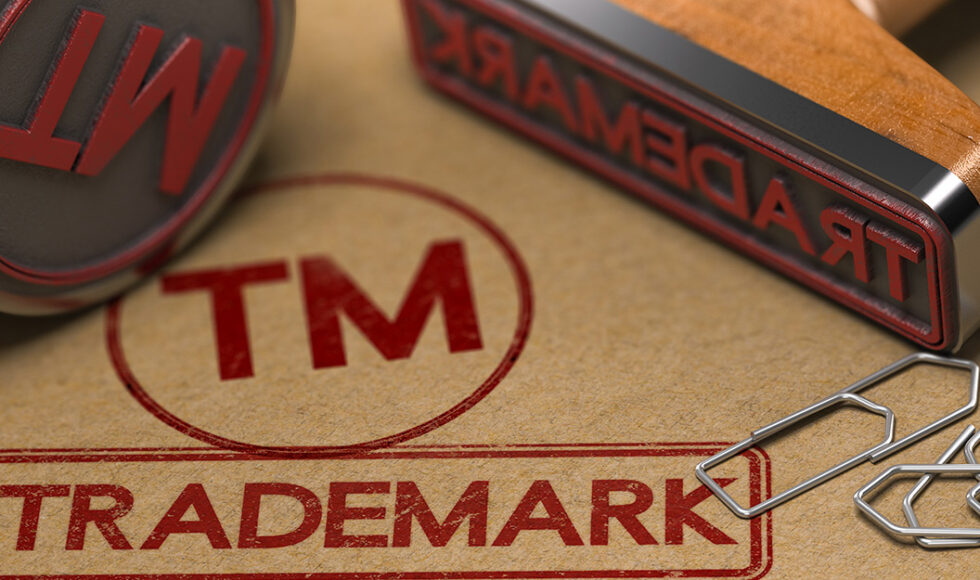In the recent judgment in the matter of ‘Bright Lifecare Private Ltd v Vini Cosmetics Private Limited and Anr’, the Court pronounced the verdict on the aspect of protection of distinctive elements under intellectual property law.
This case is a great move after the issuance of the guidelines for the prevention of misleading advertisements.
The Guidelines for Prevention of Misleading Advertisements and Endorsements for Misleading Advertisements, 2022’ has an objective to curb misleading advertisements and protect the consumers, who may be exploited or affected by such advertisements. It has been specifically indicated that the advertisement shall not contain statements or visual presentations which directly, by implication, by omission, by ambiguity, or by exaggeration are likely to mislead consumers about the product advertised, the advertiser, or any other product or advertiser. (Reference is made to Part 12(d) of the guidelines)
Bright Lifecare Pvt. Ltd. (Plaintiff), is a company engaged in manufacturing and trading health supplements, nutraceuticals, and food products. One of its most popular products is a protein supplement sold under the ‘MuscleBlaze’ trademark. ‘MuscleBlaze’ started an ad campaign in 2018 titled ‘Ziddi Hoon Main’. Its creative’s use of words like ‘Zidd’ and ‘Ziddi’ to portray an image of a person who doesn’t give up easily.
‘Vini Cosmetics Pvt Ltd’ (defendant) sells deodorant and perfume brands like Fogg, Ossum, and Whitestone. Plaintiff alleged that the two advertisements of the deodorant named ‘Realman’ of Vini adopted the tagline ‘Ziddi Perfume’. Plaintiff alleged that the advertisement was conceptually and visually similar to that of ‘MuscleBlaze’.
After considering screenshots and viewing both the advertisements, Justice Pratibha M Singh said that the two commercials are likely to give an ordinary viewer the impression that they are connected or emanating from the same source.
Regarding the similarity between both the campaigns, the Judge held:
“There can be no monopoly or exclusivity on the use of the word ‘ZIDD’ and ‘ZIDDI’ as an idea to show perseverance. However, the portrayal has to be different. There can also be no monopoly or exclusivity on showing a muscular person working out in a gym but the expression of the idea has to be different. Again, the portrayal of a person using a punching bag can also not be monopolized but the expression has to be different. In the impugned commercials, in the opinion of the Court, the expression is a colorable imitation of the Plaintiff’s advertising commercial.”
Court held that the two impugned commercials which are evocative of and very similar to Plaintiff’s campaign are liable to be restrained in their present form and the defendants are asked to pull down the two impugned commercials from www.youtube.com and other platforms where they are available for viewing by the public. It, however, clarified that there is no restraint on Defendant from using the words or expression ‘Zidd’ or ‘Ziddi’ and they are free to modify their ads to remove the objectionable frames and then re-launch them.
From the foregoing paragraphs, it can be inferred that the terms ‘Zidd’ or ‘Ziddi’ cannot be monopolized by anyone; as such terms are considered descriptive, which describes the products or services to which they are applied. As per the Indian Trade Marks Law, a descriptive trademark identifies characteristics quality, purpose, or some other aspect of a product or service. For example, the word ‘orange’ for fruits would be considered descriptive in nature.
Similar to the present case of Bright Lifecare Private Ltd v Vini Cosmetics Private Limited and Anr’, in Marico Limited vs. Agro Tech Food Limited too, the court had observed that the registration of the trademarks ‘Losorb’ and ‘Lo-sorb’ was invalid as they are only a minor variation of the descriptive expression ‘Low absorb’. Such decisions by the court are consistent with the well-established principles of descriptive and generic expressions being non-distinctive and therefore, not protected under Section 9(1)(a) of the Indian Patents Act. In other words, such words per se cannot be monopolized by anyone.

